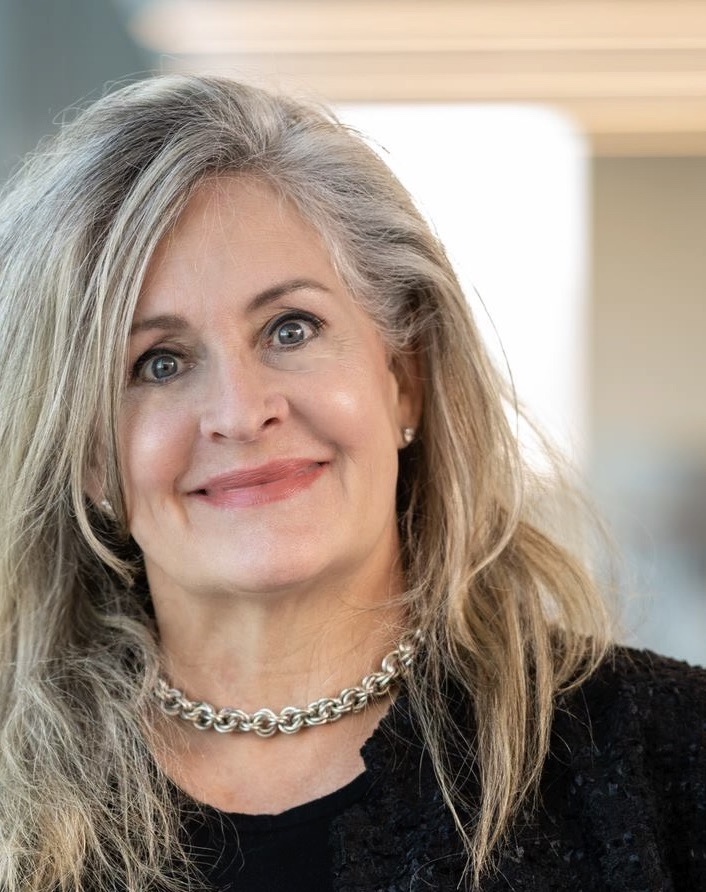
Linda Durnell, PhD
Dr. Durnell is a media psychologist with expertise in various areas of business, technology, and graduate level education. Her focus lies in taking a comprehensive approach to leverage the combination of innovative and scalable technology, cognitive behavioral sciences, research rigor and inclusive collaboration within multiple disciplines to understand and achieve profound systemic change. She analyzes and teaches graduate students the impact of technology on human behavior and social change, particularly in the realms of artificial intelligence (AI), MedTech, neuroscience, virtual reality (VR), and ethics within the technology, engineering, healthcare, and business ecosystems.
At Johns Hopkins University, she serves as Director at NeuroTech Harbor, building a global coalition of research institutions, healthcare systems, policy makers, regulators and patient advocates to create the first-of-its-kind AI-driven neurotechnology platform to accelerate discoveries for conditions like Parkinson’s, Alzheimer’s, Opioid Use Disorder, and Friedreich Ataxia. She holds joint appointments at the School of Medicine, and the Center for Bioengineering Innovation and Design at the Whiting School of Engineering. Her grant and research focus are on studying Virtual Reality (VR) in MedTech and she has presented her work at prestigious events such as Stanford’s Innovations in Psychiatry and Behavioral Health and Harvard Medical School’s VR and Healthcare Symposium.
With over 30 years of experience, Dr. Durnell has worked at prominent technology companies such as Apple, Xerox, and IBM, as well as start-up technology firms and non-profit organizations in Silicon Valley. Her involvement with the World Health Organization’s (WHO) Roster of Experts allowed her to contribute to strategic approaches in digital health, including areas for intervention, governance, and the creation of digital health solutions during COVID.
Dr. Durnell’s expertise extends to consulting work with Applied Physics Lab (APL) and government entities like the Department of Defense, the Department of Homeland Security (DHS), the U.S. Army Special Operations Command (USASOC), and the Joint Staff. Her role involves assessing cognitive options to disrupt and counter operational capabilities of groups like ISIS, the area of mis/dis-information as well as training Psychological Operations (PO) operators.


